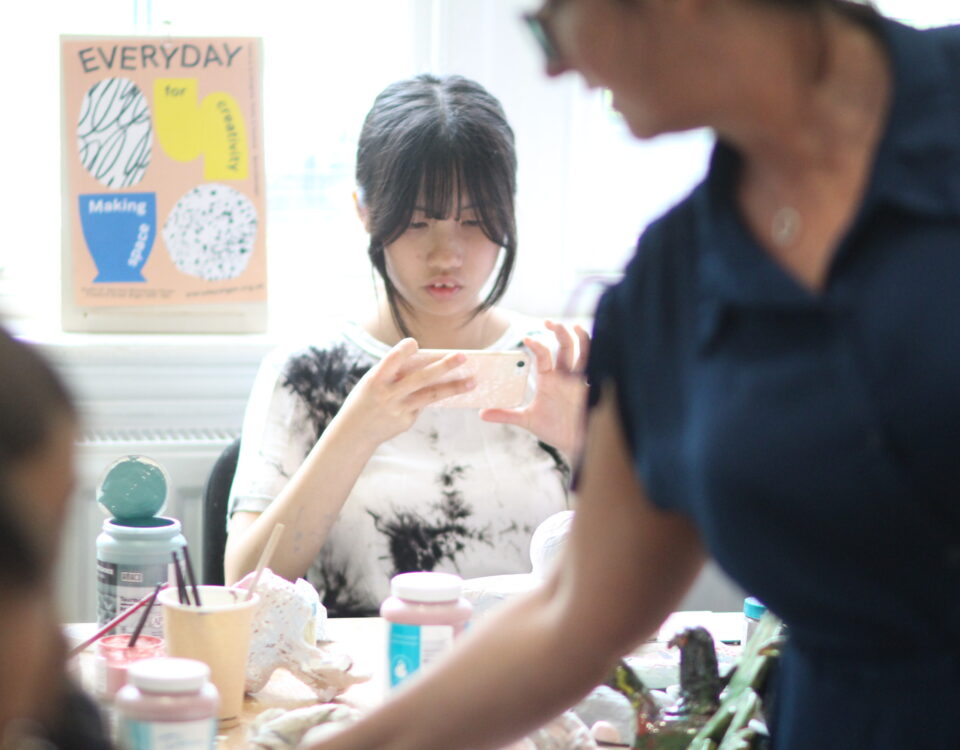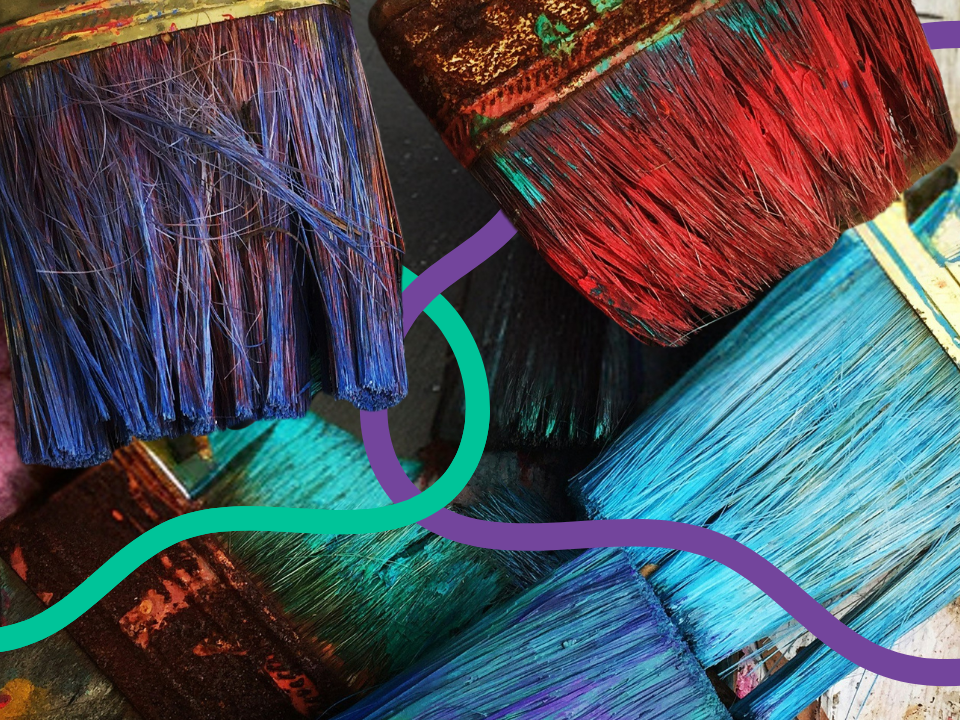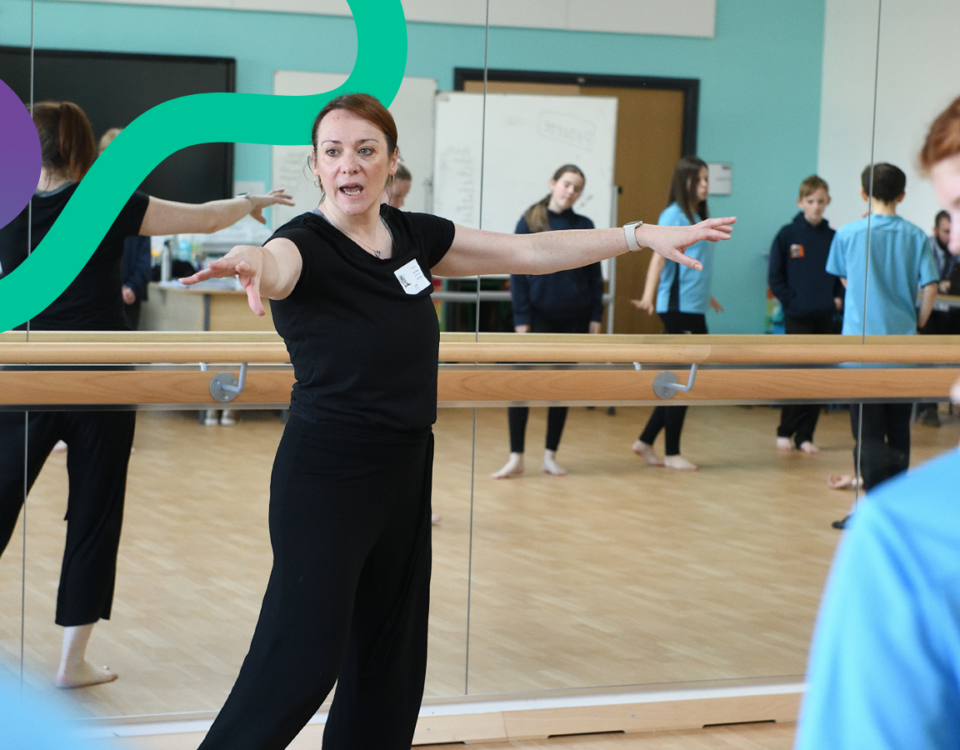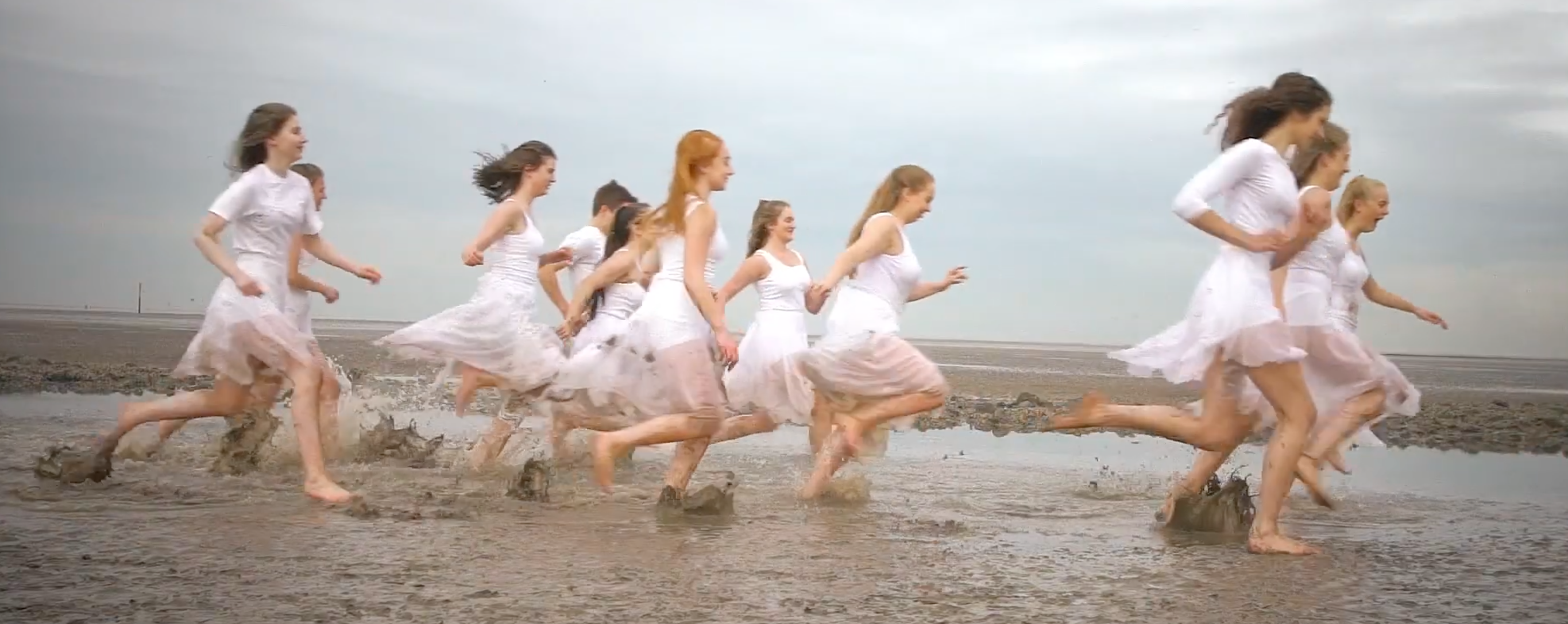
Surging Forward in Sefton
March 10, 2021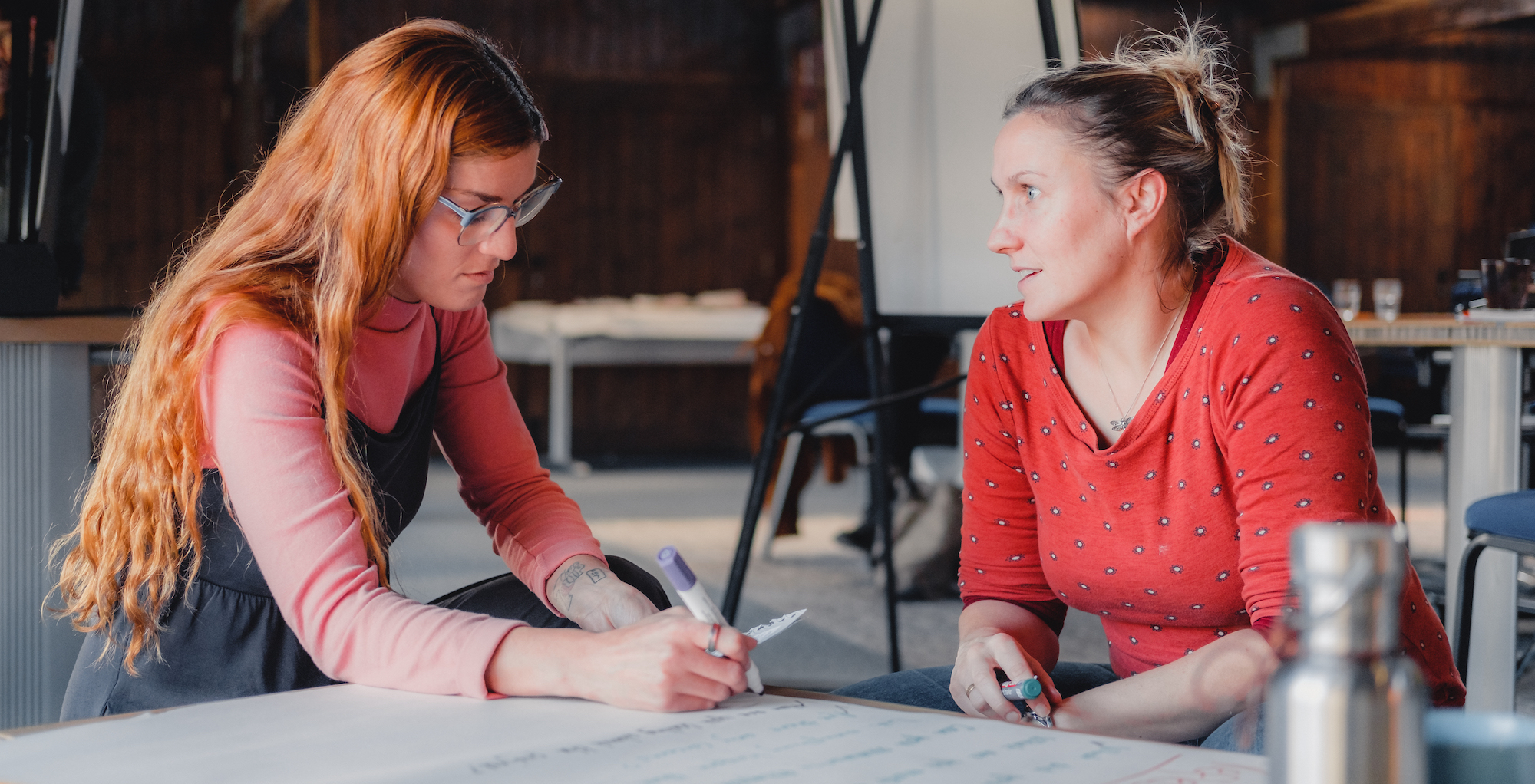
Creative Kickstart
March 23, 2021How a summer of reconnection could meet and exceed recovery learning objectives
At the end of February, the government pledged £302 million to create a ‘Covid recovery premium’ to help schools support children many of whom have lost months of face to face teaching time in the last year.
Alongside this, a £200m fund has been allocated for secondary schools, to ‘deliver face-to-face summer schools’ – provision which the Government has suggested should be targeted specifically at incoming Year 7 pupils.
Quoted in Schools Week, Boris Johnson said that the newly announced "extensive programme of catch-up funding” would “equip teachers with the tools and resources they need to support their pupils and give children the opportunities they deserve to learn and fulfil their potential”. Who can argue with that? Certainly not us.
Alongside this, a £200m fund has been allocated for secondary schools, to ‘deliver face-to-face summer schools’ – provision which the Government has suggested should be targeted specifically at incoming Year 7 pupils.
Quoted in Schools Week, Boris Johnson said that the newly announced "extensive programme of catch-up funding” would “equip teachers with the tools and resources they need to support their pupils and give children the opportunities they deserve to learn and fulfil their potential”. Who can argue with that? Certainly not us.
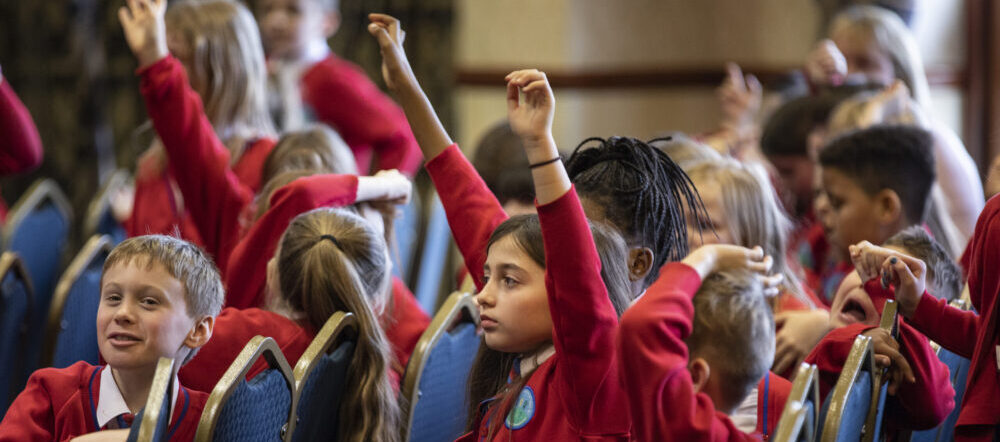
As face-to-face learning begins again, our nation’s skilled workforce of teachers and support staff face the difficult task of supporting young people to adjust to an environment and routine that that is less familiar now, less certain and safe.
Teachers and school leaders have grappled with new ways of working under the stress of a global pandemic and face a challenging summer term; academic demands will be made of students who have been navigating unprecedented disruption to their lives.
So, what then of summer school provision? How can educational enrichment be offered to those young people who need it but that isn’t to the detriment of wellbeing and truly targets what has been lost?
In summer 2020, under Covid restrictions and expanding local lockdowns, Curious Minds delivered a programme of hyper-local cultural learning clubs we called ‘Bubble Up’ (we’ll talk about the name in a future blog). This programme targeted groups of children who were about to start secondary school, in order to help them prepare for this transition in a way that was positive and empowering. The experience taught us a lot about what can be achieved for this age group. We also found new ways to support teaching artists, a vital part of the educational ecology too often under-appreciated and overlooked.
To date, the Bubble Up programme has brought together 96 cultural educators, freelance artists and grassroots arts organisations, to form neighbourhood level ‘Doorstep Delivery Bubbles’. It has operated in some of the most deprived neighbourhoods nationally and supported hundreds of young people – as well as providing much needed work for specialist practitioners, whose income had practically dried up overnight.
In light of this experience, we’ve taken a deeper look at what the Government’s proposals could mean for our young people - specifically those soon to be making the transition to secondary school and paying particular attention to:
Teachers and school leaders have grappled with new ways of working under the stress of a global pandemic and face a challenging summer term; academic demands will be made of students who have been navigating unprecedented disruption to their lives.
So, what then of summer school provision? How can educational enrichment be offered to those young people who need it but that isn’t to the detriment of wellbeing and truly targets what has been lost?
In summer 2020, under Covid restrictions and expanding local lockdowns, Curious Minds delivered a programme of hyper-local cultural learning clubs we called ‘Bubble Up’ (we’ll talk about the name in a future blog). This programme targeted groups of children who were about to start secondary school, in order to help them prepare for this transition in a way that was positive and empowering. The experience taught us a lot about what can be achieved for this age group. We also found new ways to support teaching artists, a vital part of the educational ecology too often under-appreciated and overlooked.
To date, the Bubble Up programme has brought together 96 cultural educators, freelance artists and grassroots arts organisations, to form neighbourhood level ‘Doorstep Delivery Bubbles’. It has operated in some of the most deprived neighbourhoods nationally and supported hundreds of young people – as well as providing much needed work for specialist practitioners, whose income had practically dried up overnight.
In light of this experience, we’ve taken a deeper look at what the Government’s proposals could mean for our young people - specifically those soon to be making the transition to secondary school and paying particular attention to:
- ‘catch-up’ as the right to reconnection
- ‘tools and resources’ in the community; passing the baton to local artists
- ‘opportunities’ for children to get ready to learn
The Right to Reconnection
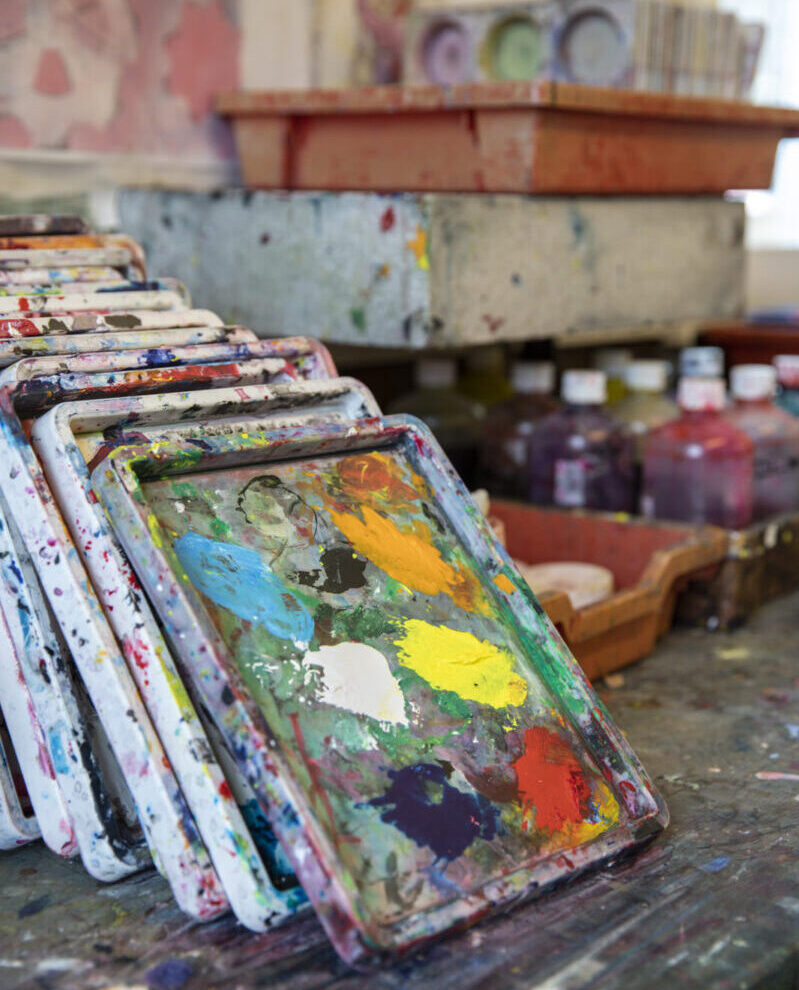
The rhetoric of ‘catch up’, ‘lost learning’ and ‘recovery’ is used to describe curriculum content that it has not been possible to teach. Yet these are fast becoming weasel words to the great many teachers and parents who find themselves at the sharp end of dealing with the pandemic’s impact on their children.
The media would have us see the curriculum as a hierarchy of subjects with maths, English and science at the top. This is reinforced by SATs tests in Year 6. Teachers and parents, however, know that this is only part of the jigsaw of primary school experiences that prepare children for secondary school.
End of term plays, the Year 6 residential experience, taking on prefect or pastoral responsibilities, shifts of work in the school office, inter-school tournaments and many more things all stitch together to build empathy, leadership, self-esteem, eloquence and confidence in a group of children that are about to take one of the biggest steps of their academic lives. This is what has been compromised for the current Year 6 cohort.
The media would have us see the curriculum as a hierarchy of subjects with maths, English and science at the top. This is reinforced by SATs tests in Year 6. Teachers and parents, however, know that this is only part of the jigsaw of primary school experiences that prepare children for secondary school.
End of term plays, the Year 6 residential experience, taking on prefect or pastoral responsibilities, shifts of work in the school office, inter-school tournaments and many more things all stitch together to build empathy, leadership, self-esteem, eloquence and confidence in a group of children that are about to take one of the biggest steps of their academic lives. This is what has been compromised for the current Year 6 cohort.
Furthermore, our interviews with head teachers suggest that some primary schools, when delivering face-to-face teaching, have by necessity collapsed the curriculum down to core subjects, in some cases double maths and English lessons each day. The urgency of ‘catch up’ and coping has meant that, for these schools, foundation subjects - particularly the arts (music, drama, visual art, dance) - can wait. Even when schools have been able to teach them, arts subjects are necessarily diluted by the pedagogy of remote and blended learning. Children's experience, in turn, is watered down.
BUT… this summer is an opportunity to reach out to creative elements of the curriculum (which are enshrined in article 31 of the UN Convention on The Rights of the Child) and to use them in a novel way to support both learning and wellbeing recovery in young people.
Community-based activities (‘hyperlocal'), led by grassroots practitioners, can respond to the specific needs of an area and its young people, bringing children together in a way that allows them to recharge their batteries, as well as encouraging reconnection with each other, their learning and their community.
In evaluating her project, one Bubble Up teaching artist reflected on the children she worked with and noted "how bonded they were by the end of the week. How joyous it was to see them playing, creating and having fun.”
Every child has the right to take part in cultural and creative activities. It’s a human right. Let’s catch-up on that.
BUT… this summer is an opportunity to reach out to creative elements of the curriculum (which are enshrined in article 31 of the UN Convention on The Rights of the Child) and to use them in a novel way to support both learning and wellbeing recovery in young people.
Community-based activities (‘hyperlocal'), led by grassroots practitioners, can respond to the specific needs of an area and its young people, bringing children together in a way that allows them to recharge their batteries, as well as encouraging reconnection with each other, their learning and their community.
In evaluating her project, one Bubble Up teaching artist reflected on the children she worked with and noted "how bonded they were by the end of the week. How joyous it was to see them playing, creating and having fun.”
Every child has the right to take part in cultural and creative activities. It’s a human right. Let’s catch-up on that.
Pass the Baton
The pandemic brought life as we knew it to a halt in many ways and schools have been forced to bolt the door to visiting artists.
These creative practitioners, often freelance or grassroots providers, are expert at engaging young people to bring out their potential. They know how to devise and deliver structured learning that is accessible and differentiated. They are, in short, a national reserve army of professional educators – waiting for work and ready to take up the baton from exhausted teachers who are themselves in need of a break.
These creative practitioners, often freelance or grassroots providers, are expert at engaging young people to bring out their potential. They know how to devise and deliver structured learning that is accessible and differentiated. They are, in short, a national reserve army of professional educators – waiting for work and ready to take up the baton from exhausted teachers who are themselves in need of a break.
“Bubble Up has impacted positively on me as a freelancer. I was able to plan and deliver a project very quickly, which meant I was able to start earning an income again.”
- Bubble Up teaching-artist
- Bubble Up teaching-artist
“Hyper-local works for us because our children aren’t coming from mobile families, their universe is already hyper-local and they wouldn’t normally travel to experience art and culture.”
- Bubble Up teaching-artist
- Bubble Up teaching-artist
The tools and resources that school leaders need to give incoming Year 7s their ‘summer of reconnection’ are already in their neighbourhoods. Bubble Up provided us with evidence that these cultural educators can be mobilised rapidly to deliver an integrated and community-specific programme of enrichment learning that genuinely makes a difference.
With the right brokerage and commissioning skills, this model can also provide schools with a rich network of local artists and cultural links that will endure well beyond Summer 2021.
This is a marathon, not a sprint. Pass the baton.
This is a marathon, not a sprint. Pass the baton.
Reconnected & Ready to Learn
All educators understand that, to thrive as learners, our basic needs must be catered for.
Parents want their children to experience fun, freedom and friendship this summer, after a much disrupted and tiring year. Teachers want to welcome children back to their classrooms who are enthusiastic, inquisitive and ready to learn.
Arts-based interventions can help build communication and social skills, confidence and creativity – all of which are key building blocks for happy and engaged learners.
Accounts we’ve received from Bubble Up artists support this:
Parents want their children to experience fun, freedom and friendship this summer, after a much disrupted and tiring year. Teachers want to welcome children back to their classrooms who are enthusiastic, inquisitive and ready to learn.
Arts-based interventions can help build communication and social skills, confidence and creativity – all of which are key building blocks for happy and engaged learners.
Accounts we’ve received from Bubble Up artists support this:
“I had a little girl who came in quiet and, because her friend wasn’t there, she didn’t want to do anything. We were doing stand-up comedy, public speaking… so I let her take it at her own pace and in the end she was getting up on the stage. She was really confident and even her mum said, ‘I don’t know what you’ve done but she’s really come out of herself’."
“And I had a young boy with autism. His mum said, ‘he doesn’t really like noise’ … you just couldn’t get him off the stage!”
“We saw how they built in confidence in such a drastic way.”
“We had feedback from a parent who said it was the first time in weeks she had seen her child laugh and smile.”
“And I had a young boy with autism. His mum said, ‘he doesn’t really like noise’ … you just couldn’t get him off the stage!”
“We saw how they built in confidence in such a drastic way.”
“We had feedback from a parent who said it was the first time in weeks she had seen her child laugh and smile.”
This summer we have an opportunity to directly influence readiness to learn in our incoming Year 7s, by offering them opportunities to build confidence and curiosity outside the classroom.
Conclusion
Curious Minds formed a partnership with researchers at Goldsmiths, University of London to explore the impact of the Bubble Up clubs for children. Preliminary findings showed a subset of strengths to be reported more highly as a function of Bubble Up arts activities. These included:
- creativity
- love of learning
- feeling comfortable with others
- feeling hopeful and positive.
Our young people have missed out on so much in the last year. Even as they return to the classroom, their curriculum and learning experience is likely to be far from ‘normal’ for some time.
We believe that the funding set aside for summer schools offers an unmissable opportunity to boost children’s capacity to learn and their recovery prospects. The Goldsmiths research shows Bubble Up can achieve this in joyful ways. This can be made possible nationally, to the benefit of everyone, by passing the baton to the expert army of creative educators that exist in our communities.
Cultural learning clubs, based in and around local secondary schools, would support incoming Year 7 pupils to reconnect with the people and environment around them, regain their confidence and curiosity, forge new friendships and to catch up on creativity.
We believe that the funding set aside for summer schools offers an unmissable opportunity to boost children’s capacity to learn and their recovery prospects. The Goldsmiths research shows Bubble Up can achieve this in joyful ways. This can be made possible nationally, to the benefit of everyone, by passing the baton to the expert army of creative educators that exist in our communities.
Cultural learning clubs, based in and around local secondary schools, would support incoming Year 7 pupils to reconnect with the people and environment around them, regain their confidence and curiosity, forge new friendships and to catch up on creativity.
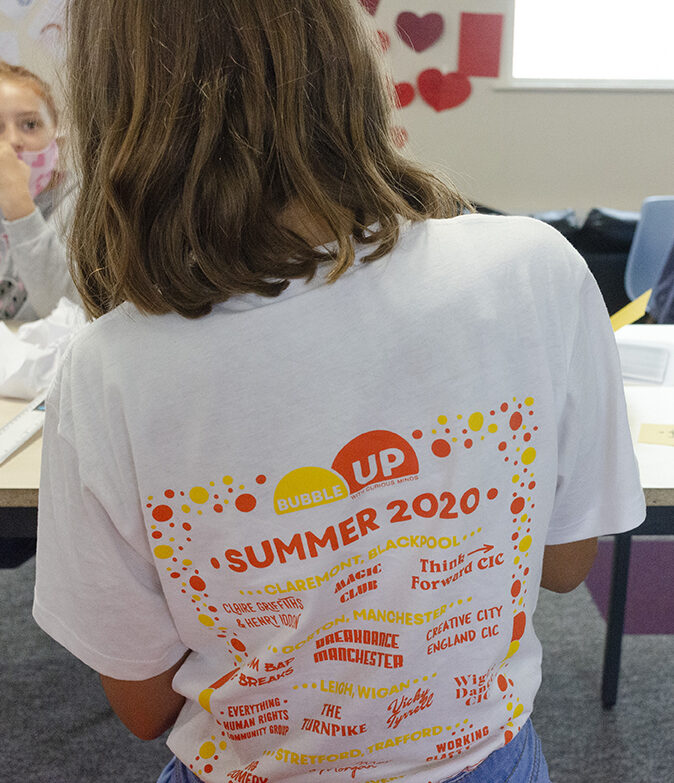
#PassTheBaton


